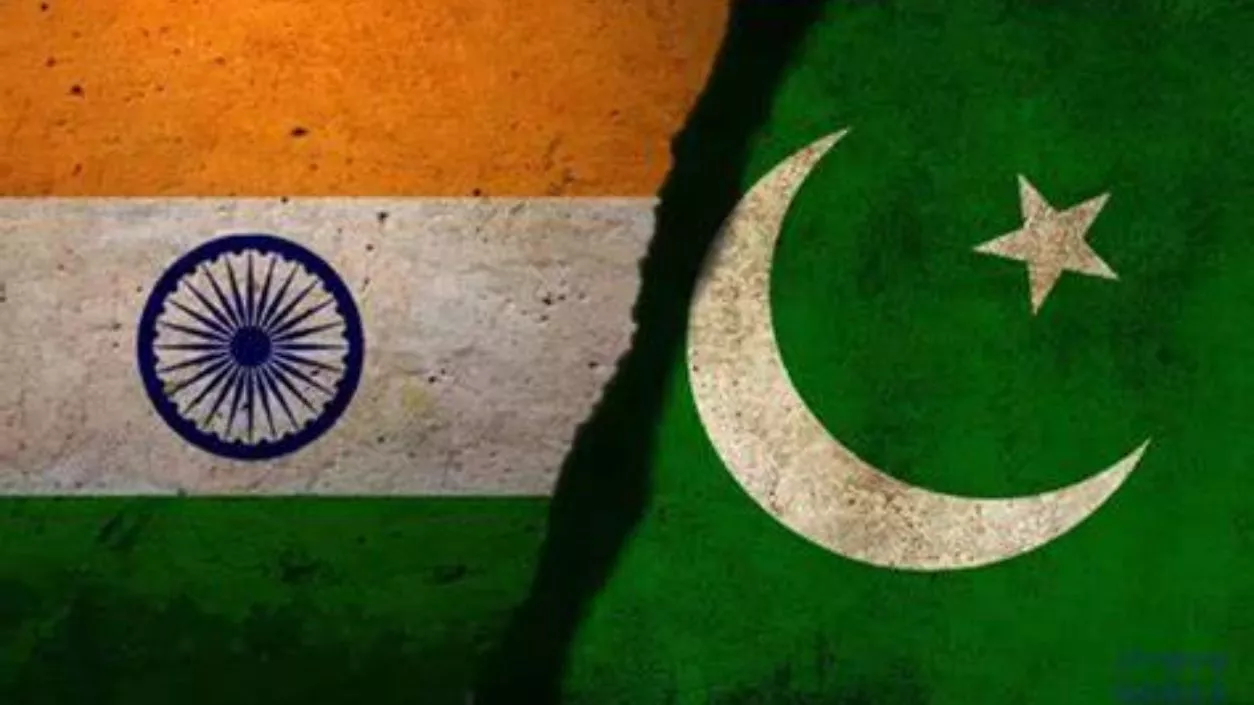.gif)
.gif)

In a direct response to the deadly terror attack in Pahalgam, Jammu and Kashmir, that claimed the lives of 26 individuals on April 22, India has enforced a total ban on all imports from Pakistan. The Ministry of Commerce issued a notification under the Foreign Trade Policy (FTP) 2023, which prohibits both direct and indirect import or transit of any goods originating in or exported from Pakistan. The provision, which is effective immediately, aims to address national security concerns and align with public policy objectives.
The newly inserted provision under the FTP mandates that any goods originating from or exported by Pakistan will no longer be allowed to enter Indian markets, regardless of their importability status. This move follows similar actions taken after the 2019 Pulwama attack, which saw a significant reduction in trade between the two countries. In 2023-24, India imported agricultural commodities worth USD 3 million from Pakistan, a figure that will now be affected by the new restrictions.
Along with the import ban, India has also imposed a ban on Pakistani-flagged vessels, preventing them from entering Indian ports. The Directorate General of Shipping issued an order barring ships bearing the Pakistani flag from visiting any port in India. Additionally, Indian vessels are now prohibited from entering Pakistani ports. This measure is intended to ensure the safety of Indian assets, cargo, and port infrastructure, aligning with the goals of the Merchant Shipping Act, 1958.
The escalation of trade restrictions follows several other actions taken by India, including the suspension of the Indus Waters Treaty and the closure of the Integrated Check Post at Attari, the only land border crossing between India and Pakistan. These steps are part of a broader effort to curb cross-border terrorism, which India has consistently blamed Pakistan for supporting. The closure of the Attari-Wagah border, which previously facilitated significant trade between the two countries, has compounded the economic strain.
Pakistan, which has relied on India for essential goods such as pharmaceuticals, now faces challenges in securing alternative supply routes. The halting of trade comes at a time when Pakistan is under pressure to find new sources for crucial imports, particularly in the pharmaceutical sector, where India has been a key supplier. The long-term impact of these trade restrictions on both countries' economies, especially on small traders in Pakistan, remains to be seen.